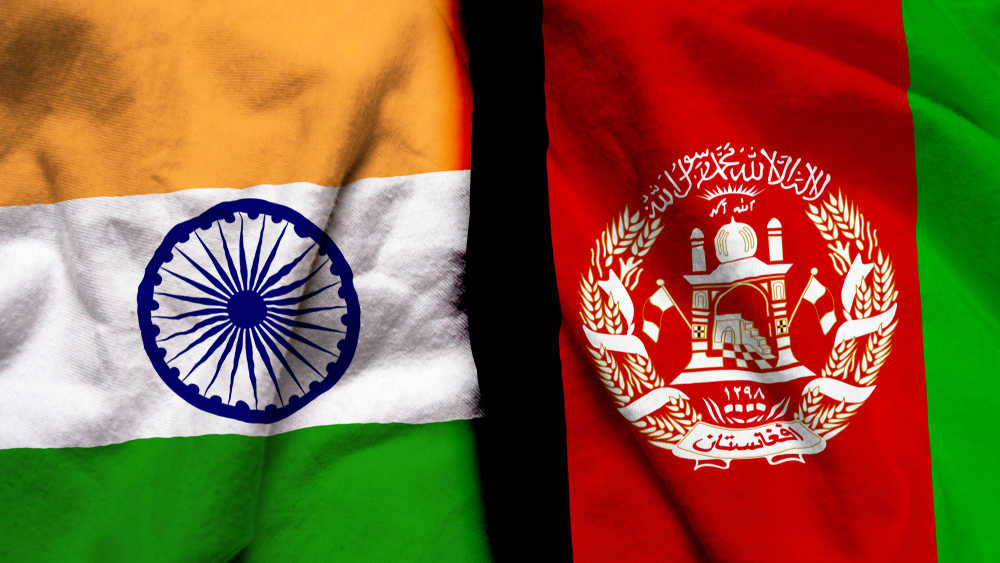As the Joe Biden administration has announced the withdrawal of American troops on the ground in Afghanistan and proposed a new peace process framework, there are ominous signs that New Delhi may be losing the most in this high-stakes diplomacy. A summit to articulate the future of the Afghan peace process is to be held in Istanbul and New Delhi must get ready to accept some hard realities and act accordingly. Remaining a mute spectator will not serve New Delhi’s ‘Neighbourhood First’ policy.
In spite of New Delhi’s stated aversion to the Taliban and its diabolical process of capturing power, New Delhi must recognize that the Taliban is here to stay and may well return to power should the United States of America pull out troops from Afghanistan in the near future. Based on the situation at ground zero, the best thing for New Delhi is to press the accelerator in terms of a diplomatic outreach to the Taliban, providing full recognition to the insurgent group without any qualms. While the advocates of idealism and liberal order may raise a hue and cry over reaching out to a terrorist group, New Delhi needs to adopt realism vis-à-vis its Afghan policy.
An outreach to the Taliban has a number of advantages. First, it will help India decouple the group from its ideological masters in Rawalpindi which is of immense strategic value. Given the fact that both India and Pakistan have decided to extend olive branches to each other in recent times, the Pakistani military establishment will not raise objections to new outreach by its arch-nemesis, India.
Second, New Delhi needs to be prepared for all eventualities. Avinash Paliwal, in his wonderful book, My Enemy’s Enemy, had written at length on how external (financial and military) help allowed mujahideen fighters to topple the Soviet military machine from their country. Since the Taliban is the product of the mujahideen, India cannot rule out foreign interference in Afghanistan in the new scheme of things.
Exercise caution
Third, the Taliban considers Saudi Arabia to be its religious godfather. At a time when the Saudi crown prince, Mohammed bin Salman, has signalled a shift towards a more moderate, inclusive version of Islam, New Delhi must play a surreptitious role in allowing its promotion on a large scale as this will help root out extremism in India. The latter must try and persuade the Taliban to adopt a moderate version of Islam, prioritizing women’s empowerment, promoting the principles of liberal democracy and so on. While this may appear to undermine India’s secularist credentials, it must be noted that geopolitics trumps religion according to Henry Kissinger. Finally, New Delhi would require the support of both the Afghan national army and the Taliban in eliminating the menace of the Islamic State.
The road ahead, however, is very difficult. Pakistan, in spite of its platitudes about wanting peaceful relations with India, has already set the restoration of statehood for Kashmir as the prerequisite for resumption of dialogue with India. India cannot lower its guard; if history is anything to go by, then trusting Pakistan has not always yielded good results. New Delhi needs to be cautious and on its toes while negotiating with the military establishment because it still calls the shots in Afghanistan.
If Pakistan continues on a trajectory of animosity towards India, then it will not desist from activating its covert contacts in jihadist groups like the Haqqani network to upset the peace process. But as the former prime minister, Atal Bihari Vajpayee, eloquently said: “You can change your friends, not neighbours.” India thus needs to move cautiously, keeping its interests foremost. It also needs to galvanize support for its new policy, which will result in a win-win situation for all stakeholders in the Afghan peace process.











